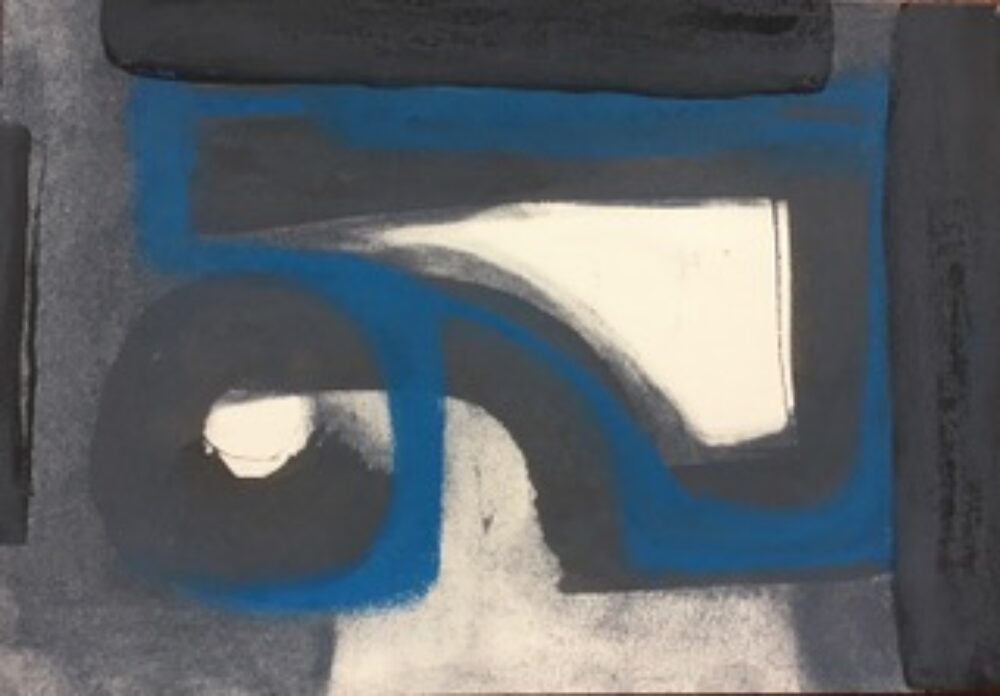
Acting together we flattened the curve of the pandemic. Not the government. We did. We the people.
Remember that phrase?
Now …we the people are no longer acting together. On July 1,we hit 50,000 new cases of coronavirus. Our personal best.
Are we so weary of inconvenience and uncertainty, that we are willing to abandon parts of our society? Have we already forgotten that this virus will disproportionately kill our parents? our grandparents? those with underlying health problems at any age? the poorest among us?
Americans have neither the stoicism to actually bear the risk of dying from covid-19 nor the fortitude to embark on an indefinite period of rigorous self-isolation. Nor, even if we could muster those qualities, could we get a majority of our fellow countrymen to go along. And so, instead of deciding upon some basically rational course of action, we have collectively agreed to forget the things we could no longer bear to know.
Megan McCardle
We the people took to the streets after the murder of George Floyd. Changing our society so we can change our policing will require rigor and collective determination and time.
How long before American Amnesia kicks in again?


